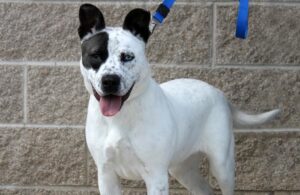
Pet food industry leaders are no strangers to animals – from dogs and cats to employees and bosses themselves! Many of the same reinforcement and positive feedback strategies work just as effectively for humans as for pets – keeping a pet happy is much like managing employees effectively, Mary Kelly of Productive Leaders said during her presentation at Kansas City Petfood Forum in May 3.
“Reward good behavior when you see it just like you would reward an animal,” she advised. When training a horse or dog and they do the right thing, you reward them accordingly; let your people know of this truth too – you get what you reward, whether customers or employees or suppliers. Statistics demonstrate that rewarding people for doing great jobs at work works like magic; telling the entire organization when someone has done a fantastic job means even more; coworkers’ appreciation plays an even more vital role than yours when rewarding good performance!
Reward specific behaviors
Make your recognition and rewards very specific – general praise does not foster specific behaviors.
“If you want to reward people, make sure it’s for specific actions,” she advised. “Not simply saying, ‘thanks everybody for coming to Petfood Forum; that was amazing.’ Instead, praise for setup, booth aesthetics, follow up system implementation… I appreciate all of your dedication.””
Not to be misconstrued as criticism; Paul shouldn’t have to criticise Peter for him to receive praise.
At the same time, leaders in the pet food industry should not enable bad behaviors to continue. A German Shepard puppy may chewing on someone’s finger; if this becomes normal behavior for that dog, their owner could face serious repercussions down the line.
“Whatever was acceptable today should be appropriate tomorrow or else you risk wasting resources.”
Leaders must clearly outline which actions will be rewarded and any unacceptable behaviors must be pointed out directly.
“Make it clear what your expectations from people are,” she advised. “People want and need quality products, enjoyable interactions with people and an effortless buying and working relationship process.
“Ultimately, people, we’re just like your dogs,” she stated. “We respond positively to incentives.”
Homo sapiens respond well to many of the same training methods employed with Canis familiaris or Felis catus dogs or cats.




